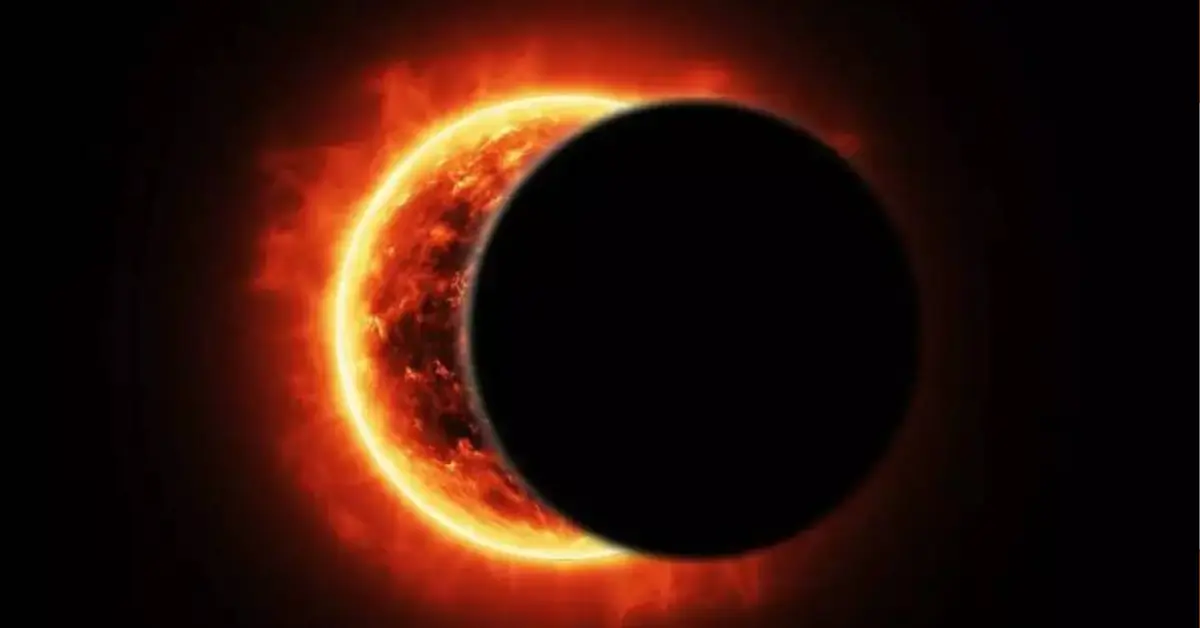Second Solar Eclipse
The second solar eclipse of 2025 is set to occur between September 21 and 22, but skywatchers in Pakistan will not be able to witness it. This celestial event, although significant, will only be visible in select regions of the world.
According to the Climate Data Processing Center of the Pakistan Meteorological Department, this solar eclipse will be a partial one and will not be visible from anywhere in Pakistan.
Eclipse Timing and Key Phases
The second solar eclipse of 2025 will begin late at night on September 21 and continue into September 22, based on Pakistan Standard Time (PST).
- Start Time: 10:30 PM (September 21, PST)
- Peak Time: 12:42 PM (September 22, PST)
- End Time: 2:55 PM (September 22, PST)
Although the timing may seem unusual, it is due to time zone differences and the specific path of the eclipse across the Earth’s surface.
Rs. 200 Prize Bond Draw September 2025 – Complete Winner List Announced Check it Now
Where Will the Eclipse Be Visible?
While people in Pakistan won’t be able to view the eclipse, it will be visible in certain parts of the world, including:
- Pacific Ocean
- Atlantic Ocean
- Antarctica
- Australia
Observers in these areas will have a chance to witness a partial solar eclipse, where the Moon covers only a portion of the Sun.
What Is a Partial Solar Eclipse?
A partial solar eclipse happens when the Moon passes between the Earth and the Sun, but doesn’t completely cover the Sun’s disk. As a result, the Sun appears as if a “bite” has been taken out of it.
Although it’s not as dramatic as a total solar eclipse, it is still a fascinating event for astronomers and skywatchers alike.
Why It’s Not Visible in Pakistan
The visibility of any solar eclipse depends on the Moon’s shadow path across the Earth. Since the path of this eclipse does not cross over South Asia, Pakistan will miss out on viewing the event. Instead, regions in the southern hemisphere, particularly Australia and parts of the oceans, will have the best view.
Scientific Significance
Even though this particular eclipse won’t be visible from Pakistan, it remains an important event for astronomers and scientists who study the movement of celestial bodies. Solar eclipses offer valuable data for space research, including the study of the Sun’s corona and solar activity.

